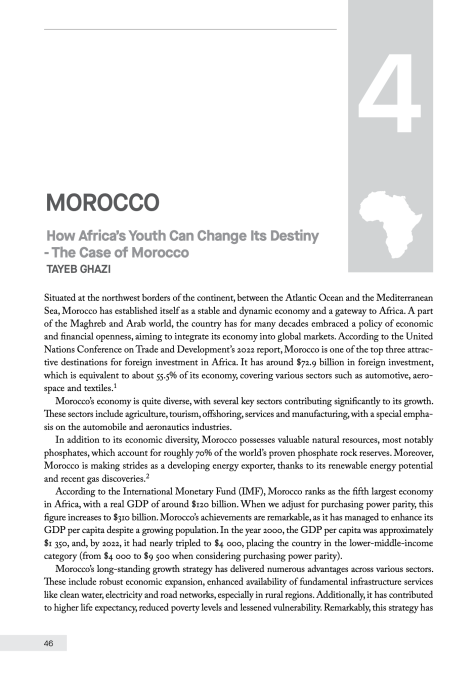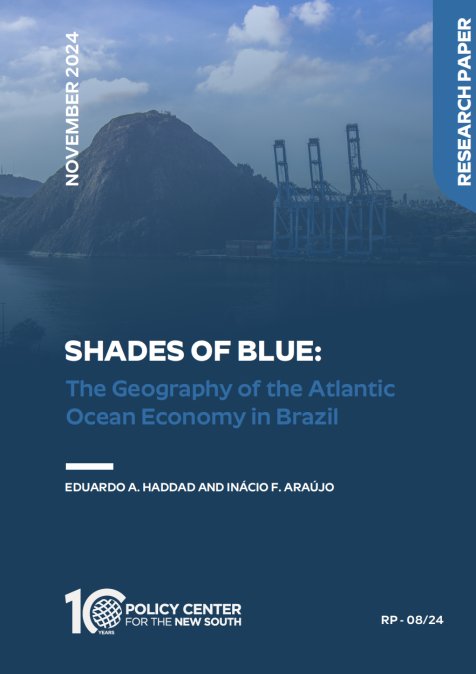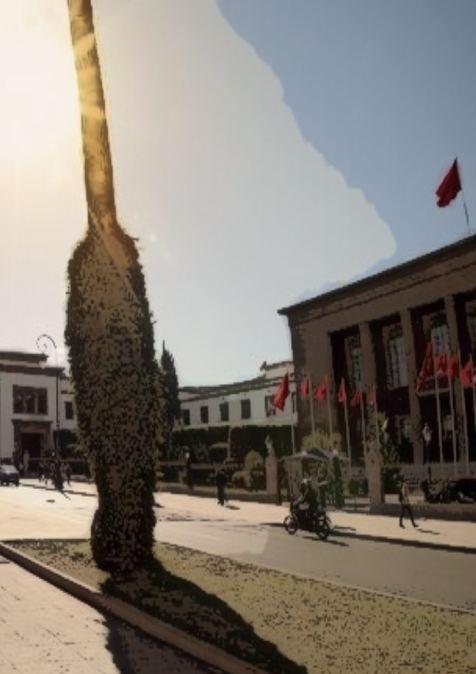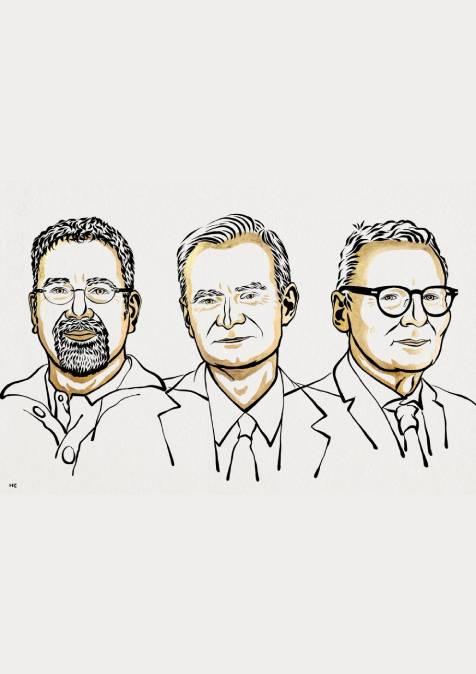Publications /
Policy Paper
When countries face external financial shocks, they must rely on financial buffers to counter such shocks. The global financial safety net is the set of institutions and arrangements that provide lines of defense for economies against such shocks.
From any individual country standpoint, there are three lines of defense in their external financial safety nets: international reserves, pooled resources (swap lines and plurilateral financing arrangements), and the International Monetary Fund.
We argue here that there is a need to extend and facilitate access to the ultimate global financial safety net layer: the IMF. We illustrate that by pointing out how Morocco and Mexico have boosted their defensive power by having access to IMF precautionary lines of credit.
*The authors wish to thank Abdelaaziz Ait Ali for comments on an earlier version, without implicating him in any way.











